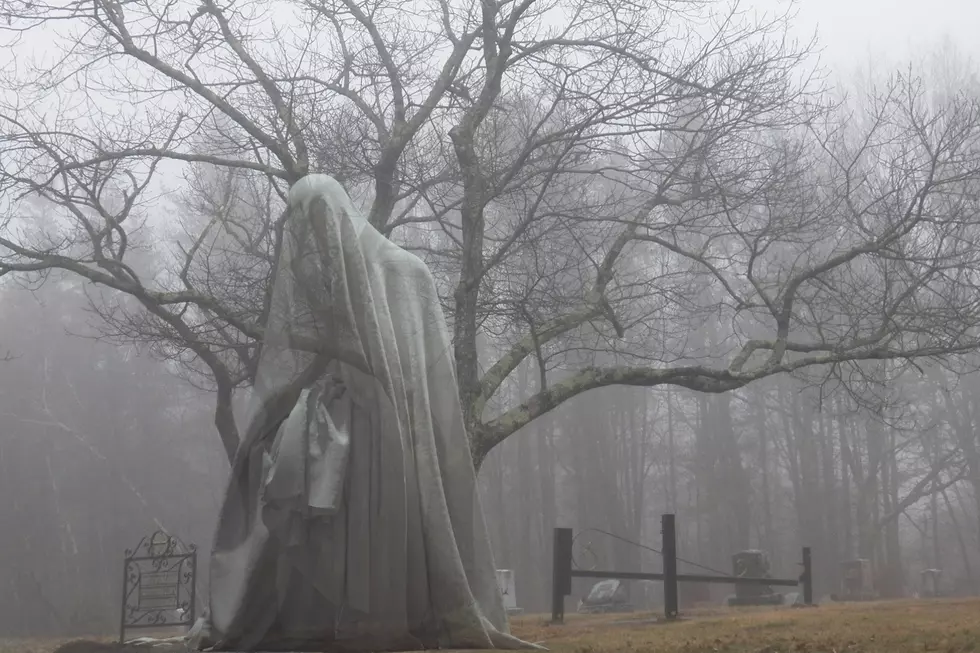
If You Find a Baby opossum it May Need Your Help, Here’s How to Know When to Intervene
When it comes to nature, the old phrase "mother knows best" typically rings true, but for opossums that rule comes with an asterisk.
North America's Only Native Marsupial
Many people think that opossums are rodents, but that isn't true they're marsupials. And while these little guys might not be the most aesthetically pleasing to look at, they usually don't cause harm, unless you're a chicken or a bug. According to the Farmer's Almanac opossums, are actually pretty handy little creatures to find in your yard.
Opossums are so often misunderstood but they are great creatures to have around. They’re docile and unlikely to threaten pets or carry disease. It was once believed that they ate ticks, but that has since been disproved. Opossums do eat insects, rodents, and dead animals, so they aren’t a bad animal to see in your back yard. However, they have been known to go after chickens, so it is highly recommended that you lock up any small farm animals at nighttime when opossums get active.
Finding a Baby Opossum-What To Do
If you find a baby animal in the wild, usually a good rule of thumb is to leave it be. For instance, with deer, if you spot a fawn by itself, it's rarely in need of human intervention although there are always exceptions. However, for a baby opossum, determining if they need help depends on their size.

Tufts Wildlife Clinic says that opossums that are smaller than 7 inches long (not including the tail) probably need assistance.
Baby opossums are born as embryos, barely larger than a bee, and spend about two months nursing in their mother’s pouch. When they get to be about 3-4 inches long and start riding around on the mother’s back, they may fall off without the mother noticing. As a general rule, if an opossum is over 7 inches long (not including the tail), he’s old enough to be on their own; if he’s less than 7 inches long (not including the tail), they are an orphan and appear to be healthy, you should contact a licensed wildlife rehabilitator.
If you know the parents are dead, contact a licensed wildlife rehabilitator to take the orphans.
Tufts has several tips for how to move the baby opossum safely, and they recommend wearing gloves and putting them into a sturdy box or carrier. You can find all of their tips for helping abandoned opossum babies, here.
LOOK: 30 fascinating facts about sleep in the animal kingdom
Gallery Credit: Katherine Gallagher
More From WKDQ-FM









